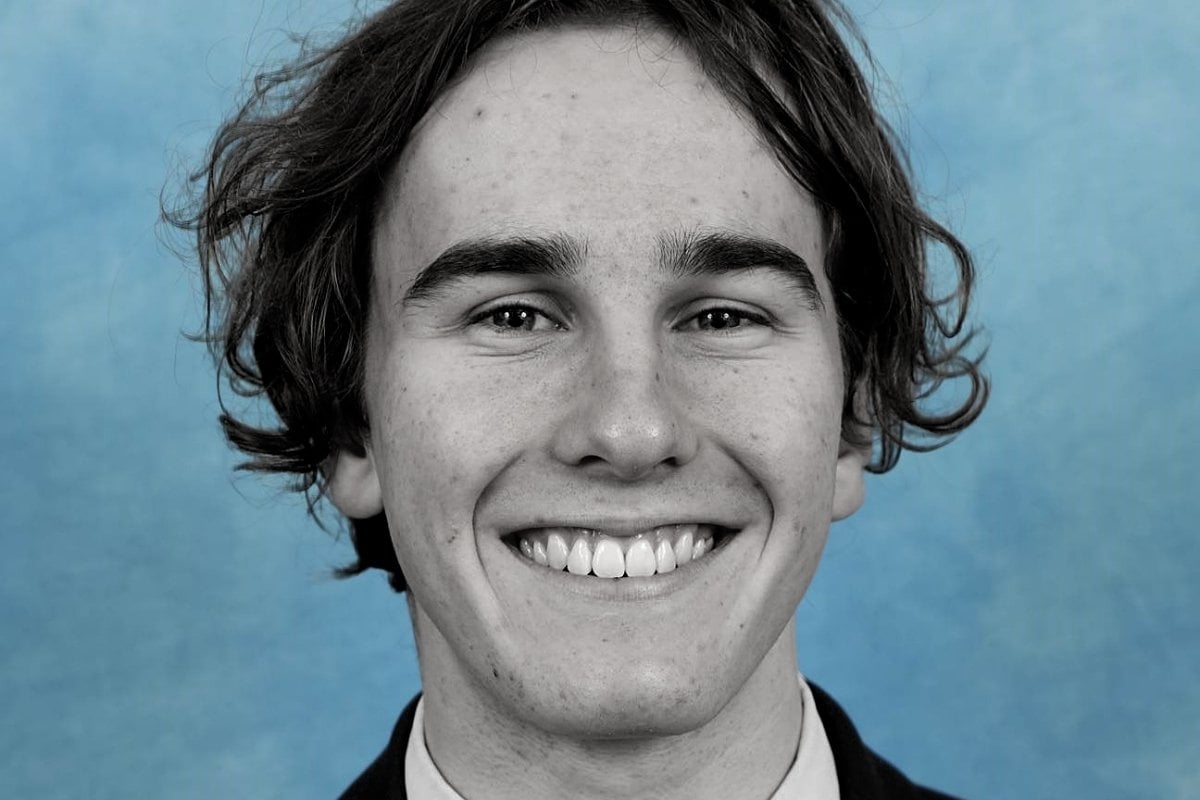
On Saturday night in Sydney, a mother and father lost their son. Children lost a dear friend. A school lost a "brilliant and talented young man" who was an accomplished swimmer and violinist, an outstanding student, and a role model to those in younger year groups.
Thomas Van Dijk, a Year 12 pupil at St Pius X College in the suburb of Chatswood, died after suffering a cardiac arrest while swimming with his family.
The news was announced publicly via a statement from the school's principal. But while the statement celebrated his life, thanks to a deeply misguided minority, a portion had to be devoted to combating lies about his death.
Watch: Dr Lucy Morgan on what it's like to have COVID-19. Post continues below.
Dozens of social media users had mindlessly, insensitively parroted a rumour that Thomas had died after receiving a COVID-19 injection as part of the vaccination program for Year 12 students recently held at Sydney Olympic Park in western Sydney.
"So many teenage boys are being diagnosed with myocarditis after being jabbed, and tragically Tom has had his life taken away," one wrote.

Top Comments